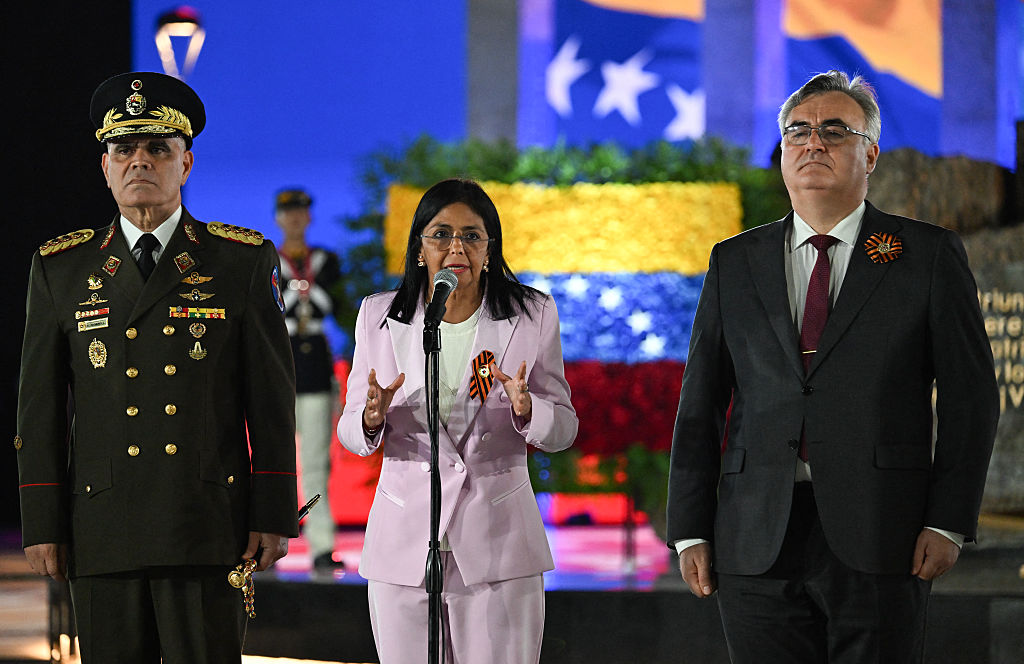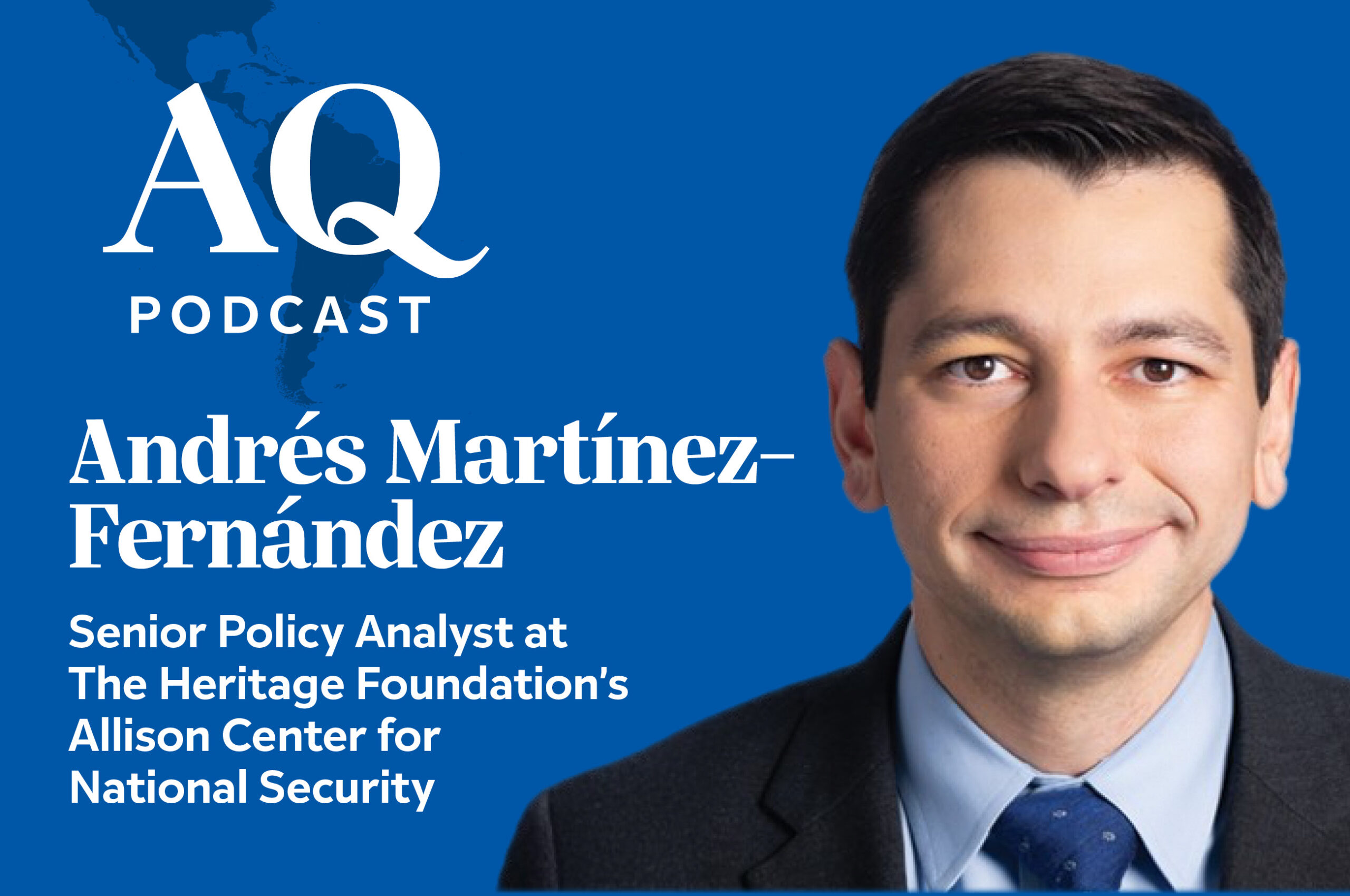Jeb Bush Would be an Ideal U.S. Envoy
Jeb Bush Would be an Ideal U.S. Envoy
To be effective, a special envoy must have the full confidence of the president, but must also be able to work cooperatively with the bureaucracy. Together, the relationship must be truly symbiotic.
Suppose, hypothetically, that you are a term-limited, Spanish-speaking governor of a major state that is dependent on a robust relationship with Latin America and the Caribbean for its economic well-being. And suppose, as a result, that you have taken numerous trade missions to the hemisphere, as well as official missions on behalf of the United States, and have come to know personally and well the various leaders of the region.
Suppose further that your term in office expires in January, too late for a Senate bid this year but probably too early in the scheme of presidential politics, despite urgings from members of your party, to run in 2008. And suppose that U.S. policy toward the Americas suffers from the perception - rightly or wrongly - that the region is a low priority on a long list of U.S. priorities and that the so-called leftward drift in the region is perceived - again, rightly or wrongly - both as a product of U.S. inattention as well as a threat to our interests.
Finally, suppose that your brother is the president, who has taken a personal interest in seeking improved relations with Latin America and the Caribbean.
Bipartisan profile
When you left office, what would you do for an encore? Here's an idea worth active consideration: Accept appointment as the next White House special envoy for the Americas. The special-envoy role has a long and distinguished bipartisan profile in U.S. policy toward the Western Hemisphere.
From Nelson Rockefeller, who helped formulate and implement FDR's Good Neighbor Policy, later becoming vice president and whose brother David continues to be the definitive eminence gris of hemispheric affairs, to the late Sol Linowitz who oversaw negotiation of the Panama Canal Treaties, to Mack McLarty, President Clinton's first chief of staff, to former Florida Gov. Buddy MacKay, the impact in hemispheric relations of appointing a personal representative of the president to engage in high-level, personal diplomacy has been significant.
By circumventing the normal foreign policy channels, whose post-World War II practitioners have largely denigrated the importance of hemispheric affairs, a special envoy with the ear of the president can bring needed senior level attention to matters that might otherwise get buried in the normal process. As well, regional leaders know that when issues are truly important, they have a friend in court, an advocate, who can serve to promote the enhanced relations that U.S. and regional leaders both seek.
With a slew of new, democratically elected leaders, the appointment of a new special envoy would be particularly timely as regional leaders and elites increasingly question the wisdom of a close relationship with the United States.
Far from being worried about how upcoming elections will turn out, we should instead see this year as an important opportunity to engage with newly elected leaders in a thoughtful, mutually respectful manner to lay the groundwork for strong relations going forward. The appointment of a special envoy would provide a focal point, and a symbolic statement, of engagement at the most senior levels with new leaders chosen by the people themselves.
To be effective, a special envoy must have the full confidence of the president, but must also be able to work cooperatively with the bureaucracy. Together, the relationship must be truly symbiotic.
Political firepower
The bureaucracy has the resources to manage issues and provide critical expertise and support, while the special envoy must have the political firepower to be able to speak clearly on behalf of the president -- both in the region and to domestic audiences. The envoy also must have the respect of the foreign policy establishment.
With the administration's recent push in the direction of enhancing the priority and effectiveness of public diplomacy worldwide, the appointment of a new special envoy for the Americas would be timely as well as consistent with this overall approach. In the Americas, the need is also there.
And there is nobody better suited to such a role, who would instantly reenergize the hemispheric conversation and advance and enhance the agenda, than Florida's current governor, Jeb Bush. Hypothetically, of course.
Eric Farnsworth is vice president of the Council of the Americas. During 1995-98 he was the top policy official in the White House Office of the Special Envoy for the Americas.








